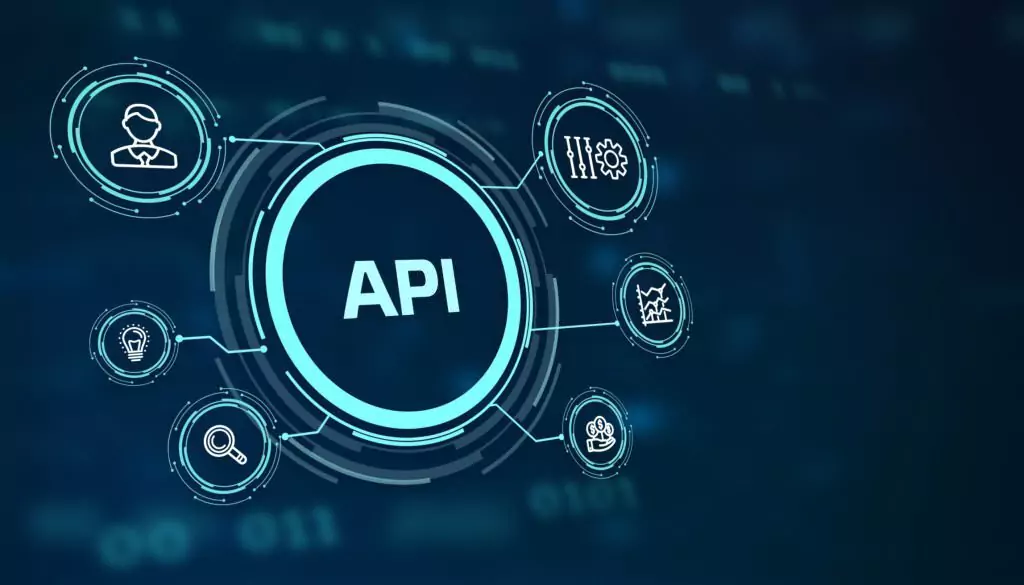
Businesses of the 21st century have to pay attention to their digital presence. This is because most of the customers they want to reach are online. Hence, any business not investing in digital strategies is bound to lose out on market share.
Now, to grow your digital outlet, and your business in general, it’s important to take critical steps towards improving your competitor analysis and SEO insights. These two aspects are important, as they help you know what your competitors are doing, and figure out how to do better.
Google Scraper API helps with these, and this article will explore everything you need to know about the phenomenon.
What are Google Scraper APIs?
Collecting insights about your competitor and SEO manually is possible, but it’s a tough job and impossible to scale. Hence, when collecting data from search engine results pages, it is more efficient to use Google Scraping API.
A Google Scraper API is an Application Programming Interface, which automates the process of data scraping and gathering from the search engine result pages. This bridge between the search engine and your application is important as you get access to quality data in real-time.
Use Cases of Google Scraper API
Here are some important use cases to note about scraping APIs developed for Google.
Keyword Research
Having the right strategy to implement content based on keywords is important for your SEO efforts. A Google scraping API can help you take massive leaps forward in this regard. Getting access to rich, relevant, and good data can make a difference to your SEO. You can use the data gathered to identify high-potential and high-performing keywords and use them to make your content better.
SERP Monitoring
When your company starts investing in content marketing, it’s important to keep high on the SERP. The search engine result pages are where most of your organic traffic will come from. Unfortunately for creators, the algorithm powering Google’s SERP is always being updated.
Hence, it’s important to keep an eye on what the rules are at every time. A Google scraping API will fetch real-time data for you, helping you know more about your current position. Furthermore, you can identify fluctuations, their causes, and how you can mitigate them.
Competitive Analysis
Businesses can’t survive if they don’t pay attention to both their direct and indirect competitors. For instance, when you notice that a competitor is doing better than you at SEO, it’s vital to look into their strategy. To do this, you won’t need to steal confidential information from their offices. Leveraging a Google Scraper API to see what they do online, how they do it, and what patterns you can draw will be helpful.
The knowledge from this analysis will help you see the lags in your strategy, thereby charting a path toward refining your content.
Backlink Analysis
If you’ve ever researched improving your brand’s SEO, you must have heard of backlinks. Backlinks are crucial to growing your site’s ranking and authority. With a Scraper API, you can easily access the data you need to develop a strong backlink strategy.
Content Strategy
The way users consume content keeps changing or improving. Hence, it’s critical to stay ahead of the trend. Knowing what’s selling right now will help you create content that people want to consume. Proper research will give you insight into how to improve search visibility. In the same vein, you get to create better-targeted content that resonates better with the audience.
How Google Scraper API Aids Competitive Analysis and SEO
In light of these benefits, here is a closer look into how scraper APIs contribute to competitor analysis and SEO optimization.
Access to real-time data
Every user activity on the internet generates new data. Scraper APIs, when deployed, give access to that data in real-time. Companies banking on data gathered this way don’t risk being out-of-date with their approach. You can easily monitor changes in rankings, People Also Ask, featured snippets, etc.
Faster data retrieval
Scouring the internet manually is gruesome and slow. There are millions of pages out there, so it’s impossible to effectively and efficiently go through them in search of information. A Google scraping APi can make all the difference, as they work autonomously and at scale.
Comprehensive data
When using a Google scraping API, all you have to do is set the data points you wish to target. Then, you can go ahead with other tasks and watch the data trickle in. These APIs help you get quality, relevant, and good data in no time.
Challenges Google Scraper API can help you Overcome
As mentioned earlier, you can always do SERP scraping on your own. However, you may encounter some of the following challenges that wouldn’t have been a problem for a scraper tool.
CAPTCHA and IP blocks
While scraping isn’t illegal, some websites put limitations on gathering data. An advanced scraper bot would easily bypass CAPTCHA, and avoid IP blocks thanks to rotating IP addresses. This makes for an efficient data collation.
Data Complexity
Data collected on the SERPs aren’t the easy-to-understand information on the front end when you browse for information. The data to collect during scraping may not be easily understandable if you aren’t a professional. The complexity of the structure of some data may also lead you to waste valuable time. A scraper API will have no problem organizing complex information in a way that’s easy to understand.
Compliance with Google policies
Google is strict with policy compliance. If you don’t want your scraping effort to go down the drain because you broke a rule, it’s better to stick with the bots to do the scraping.
Conclusion
The Google SERP is a universe of data, and whoever makes the most of the data has a higher chance of coming up top in the digital wars. It’s high time you started using a Scraper API to make the work easier.
